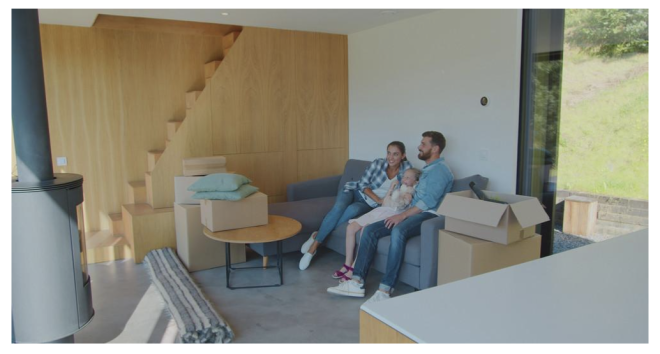- Change theme
High-Impact Home Upgrades: Where Water Use, Window Replacement, and Roofing Deliver Major Value

Managing water consumption is a significant step towards enhancing home efficiency.
02:01 31 May 2025
Optimizing Water Use in Your Home
Managing water consumption is a significant step towards enhancing home efficiency. Plumbing fixtures such as toilets, showers, and faucets account for a substantial portion of indoor water use. In fact, these components represent 62% of water usage inside the average home, according to UpKeep. With this in mind, upgrading to water-efficient models can not only reduce overall water consumption but also lead to substantial savings on utility bills. This approach of implementing conscious water usage practices is an integral element of home improvement.
Investing in efficient plumbing fixtures is more than just an environmental decision; it's a smart financial strategy too. By selecting toilets, showers, and faucets that are designed to minimize water use, homeowners can significantly lower their water bills. Furthermore, modern plumbing technology offers a wide range of fixtures that are both stylish and sustainable. This commitment to both form and function makes optimizing water usage an appealing component of home upgrades. As a result, homeowners can enjoy a more comfortable and environmentally friendly household.
The benefits of reducing water consumption extend beyond financial savings. By actively managing water use, homeowners can contribute to regional conservation efforts and ensure a more sustainable future. Furthermore, high-efficiency plumbing fixtures often provide improved performance compared to older models. With the growing awareness of environmental issues, upgrading water-related features within a home strengthens its appeal and marketability. Ultimately, these water-efficient home upgrades deliver value on multiple levels.
Maximizing Value with Window Replacement
Replacing windows is a pivotal home improvement project that offers numerous benefits. According to Forbes, the cost of replacing a window varies widely, ranging from as low as $150 to as high as $1,500 per unit. On average, however, homeowners can expect to pay around $300 for each window replacement. This investment not only enhances the aesthetic appeal of a home but also improves its energy efficiency, leading to reduced heating and cooling costs over time. Thus, window replacement is a financially wise choice for those looking to boost their home's overall value.
Modern windows are designed to offer superior insulation, which is especially beneficial in climates with extreme temperatures. By upgrading to energy-efficient windows, homeowners can maintain a more consistent indoor temperature with minimal reliance on HVAC systems. This reduction in energy consumption directly translates to lower utility bills each month. Furthermore, new windows can significantly reduce noise pollution, creating a more peaceful home environment. These advantages make window replacement a highly impactful upgrade.
Beyond the immediate financial and comfort gains, window replacement enhances a home's resale value. Potential buyers are often keen on properties that have been recently updated, particularly with features that promise lower future expenses. Additionally, high-quality windows add an element of curb appeal that can make a property stand out in the real estate market. Given the average post-replacement cost benefits, replacing windows can be a strategic move in maximizing a home's market potential. Therefore, window replacement is a key factor in achieving a significant return on investment for homeowners.
Roofing Upgrades for Long-Term Benefits
Installing a new roof is a major home improvement project that delivers impressive returns. According to Home365, a brand-new roof can return more than 85% of its cost upon resale. This significant return bolsters the appeal of investing in roof upgrades for those planning to sell their homes in the future. A well-maintained roof not only safeguards the property from the elements but also enhances its overall aesthetic. As a result, upgrading a roof is an investment in both beauty and longevity.
Beyond financial returns, a new roof provides substantial protection against weather-related damage. The latest roofing materials are designed to withstand harsh conditions, offering better durability and longevity than older installations. Enhanced roofing can also improve energy efficiency by providing better insulation. A new, energy-efficient roof helps regulate indoor temperatures, yielding savings on energy costs. This dual impact of protection and efficiency underscores the value of roof upgrades in modern home improvement.
